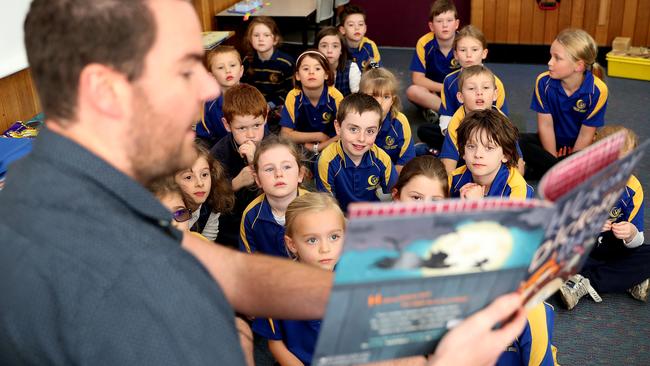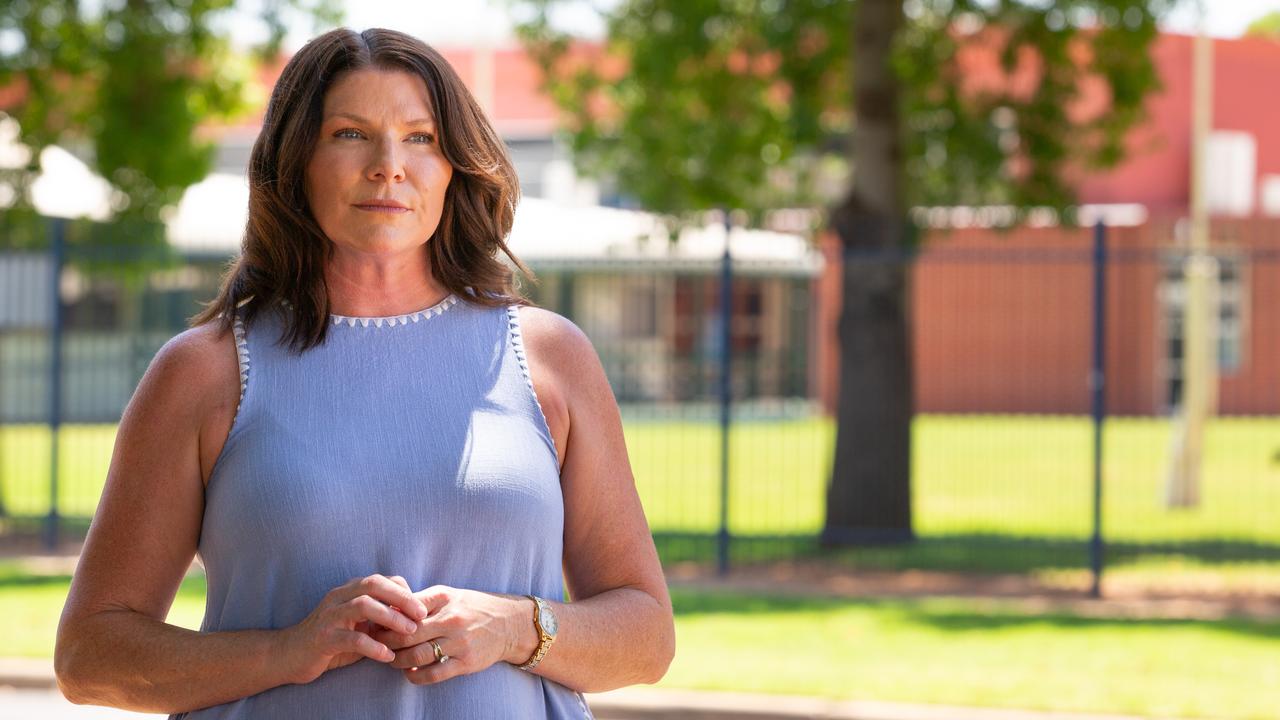‘Scandal’ that kids struggle to read: phonics expert
Teachers have been urged to set aside ideologies that have hampered the adoption of phonics instruction.

Teachers have been urged to set aside personal ideologies that have prevented the widespread adoption of phonics instruction in schools, with a leading international education advocate describing it as scandalous that many children are struggling to read properly.
In Australia to promote an education initiative aimed at disadvantaged students, Kevan Collins, head of Britain’s multimillion-dollar Education Endowment Foundation, said it was disappointing to see “political noise and guff” continue to distort an issue as important as learning to read.
The former primary school teacher has also thrown support behind the federal government’s push to introduce mandatory phonics checks for Year 1 students, which has been rolled out in South Australia but resisted so far by other states.
“Out of all the areas of education research, the one that we know the most about is learning to read,” Sir Kevan told The Australian.
“We know there’s an explicit code to learning to read — 26 letters, 44 sounds and so on — and it can and should be taught to children in a systematic way.
“It’s almost a scandal that we’ve got children attending school every day for six or seven years and at the end of it they can’t read.”
Sir Kevan’s comments come off the back of a high-profile debate on the merits of phonics held in Sydney earlier this week, where opponents of systematic phonics instruction suggested that learning to read began at infancy and it was parents’ responsibility to expose their children to language, books and storytelling in the home.
However, Sir Kevan dismissed that argument, stressing that teachers had no control over a child’s home environment but were in a position to make a difference via their teaching once that child came to school. He said most children would not learn to read simply by being immersed in a literary environment.
“I have no time for people who won’t put the teacher at the centre of the process,” he said.
Social Ventures Australia director Matthew Deeble, who heads up Evidence for Learning, a local spin-off of the Education Endowment Foundation, said the explicit teaching of phonics was a proven way that teachers could make a difference, especially in the case of disadvantaged children who might not have had extensive exposure to literature in their early years.
“A lot of the focus of (the debate) was on early literacy in the home. I would rather it have been on phonics and how to deliver effective phonics instruction,” Mr Deeble said.
Sir Kevan dismissed a claim raised in Tuesday’s debate suggesting Britain’s introduction of a phonics check for six-year-olds had had a negative impact on reading standards. “Results in reading have improved and the attainment gap between disadvantaged and advantaged students has narrowed,” he said.


